Blog
The Evolution of AML Compliance from Checkbox to Risk-based Approach
Financial institutions are exposed to several money laundering threats, as criminals today are we...
 Explore More
Explore More
Blog
Know Your Patient (KYP) – the next big thing in health care
Its high time the hospital industry must think beyond providing just giving medical assistance to...
 Explore More
Explore More
Blog
A Brief Overview of the RegTech Industry [2022 Update]
The rising financial crimes have raised concerns of global regulatory watchdogs giving rise to Re...
![A Brief Overview of the RegTech Industry [2022 Update] A Brief Overview of the RegTech Industry [2022 Update]](https://shuftipro.com/wp-content/uploads/Regtech.png) Explore More
Explore More
Blog
Halloween and the Spooky Scams – How identity verification helps?
Halloween is just around the corner and so do the scammers ready to exploit the opportunity. Whic...
 Explore More
Explore More
Blog
Inside Innovation at Shufti: Visual Heatmaps That Help Instantly Spot Document Tampering
In the complex landscape of identity fraud, the smallest details can make the biggest difference....
 Explore More
Explore More
Blog
KYC Compliance Will Become Your Competitive Edge
Businesses, particularly the financial services sector, have been observing Know Your Customer KY...
 Explore More
Explore More
Blog
How Shufti’s KYC Solution Can Ensure Compliance and Help in Battling Identity Fraud
With booming technology and rapid digitization, a large number of businesses are adopting the dig...
 Explore More
Explore More
Blog
Halloween Scams – Watching Out for Tricks, Identity Fraud, and Financial Crime
Halloween is one of the most awaited and celebrated events in a large number of countries across ...
 Explore More
Explore More
Blog
Global KYC and AML Regulatory Updates To Watch for in 2022
In 2022, the world continues to experience the serious aftermath of the coronavirus pandemic, yet...
 Explore More
Explore More
Blog
Biometric Authentication: The Importance, Use Cases & Myths
Today’s business owners rank security among the highest priorities. As hackers continue to ...
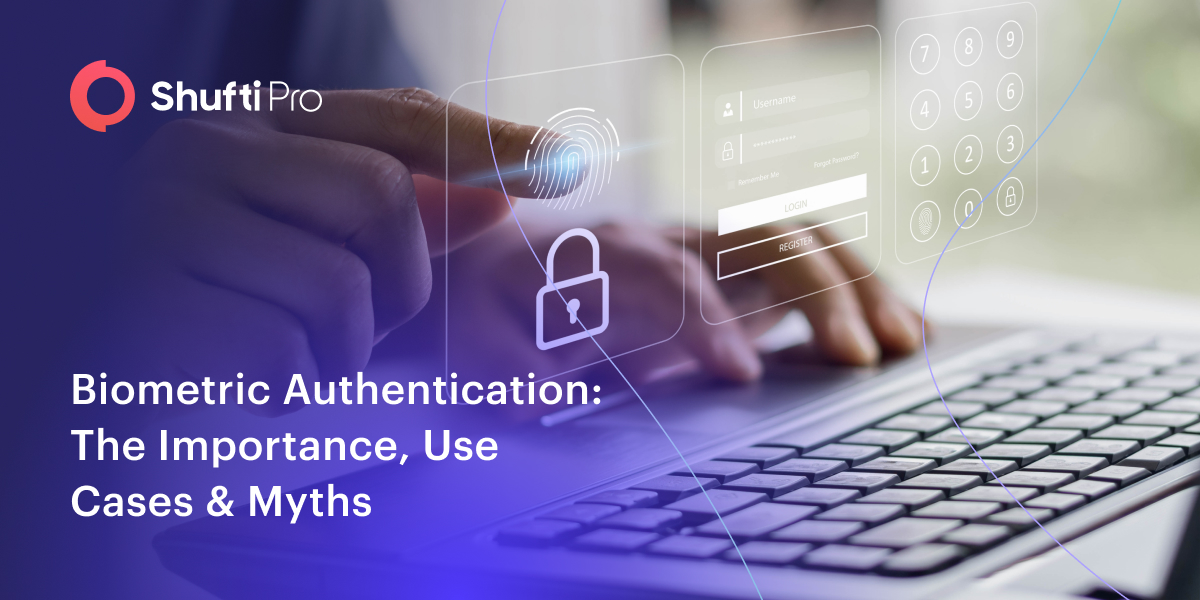 Explore More
Explore More
Blog
Dirty Funds & Tax Evasion – Can the Crypto Sector Be Safeguarded?
2021 has turned out to be another eventful year for the cryptocurrency sector. In just a span of ...
 Explore More
Explore More
Blog, Identity & KYC
KYC and AML Compliance can help cryptocurrencies to earn legitimacy
Cryptocurrencies are currently limited in use by virtual currency enthusiasts or by lottery bidde...
 Explore More
Explore More
Blog
Risk Assessment: Building Trust Among Travellers
The travel and tourism industry is among the largest in the world. Many countries, such as the UA...
 Explore More
Explore More
Blog, Reg Tech
How does CDD effectively help with AML Compliance?
CDD or customer due diligence in the banking sector and other financial firms is an important asp...
 Explore More
Explore More
Blog
Top 5 Technologies Disrupting the Healthcare Sector
Within the next five years, experts are anticipating major technological disruption in the 808 bi...
 Explore More
Explore More
Blog
Securing Digital Payments and Mitigating Financial Crimes Through AML Screening Solutions
The promise of payments technologies is being realized. Consumers are executing frictionless paym...
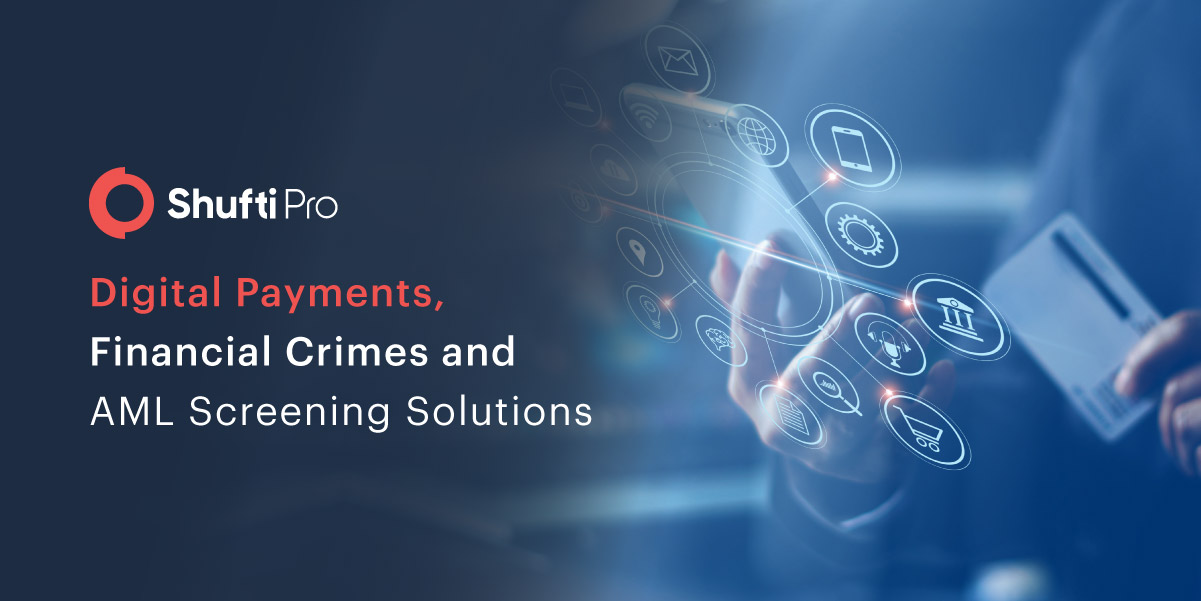 Explore More
Explore More
Blog
Anti-Money Laundering (AML) Solution- Eradicating Money laundering and Securing Ride-Hailing Services
Due to the coronavirus global pandemic, the ride-hailing sector continue to grapple. As per new e...
 Explore More
Explore More
Blog
Identity Verification and Prevailing Crimes – How Shufti’s Proof of Verification Services Can Help
With growing digitization, emerging technologies, and increased use of online transactions, a hug...
 Explore More
Explore More
Blog
E-Learning Platforms and Prevailing Crimes – How Shufti Can Help
The global pandemic is prompting a phenomenal increase in online service. From doing groceries to...
 Explore More
Explore More
Blog
A Brief Insight into AML Regulations for the Art Market
While the banking sector faces increased scrutiny to prevent illicit financial flows, a significa...
 Explore More
Explore More
Blog
Safeguarding Financial Operations with Transaction Monitoring and AML Screening
To enhance the power of anti-money laundering regulation, transaction monitoring systems have evo...
 Explore More
Explore More
Blog
Detecting & Preventing KYI Fraud | A Deep-Dive into 2023 Investment Scams
Businesses need to bring on reliable partners and investors who can contribute to growth, provide...
 Explore More
Explore More
Blog
AUSTRAC’s ML/TF Risk Assessment 2021 – Other Domestic Banks Report [Part 2]
Australia is an important member of the Financial Action Task Force and plays a substantial role ...
![AUSTRAC’s ML/TF Risk Assessment 2021 – Other Domestic Banks Report [Part 2] AUSTRAC’s ML/TF Risk Assessment 2021 – Other Domestic Banks Report [Part 2]](https://shuftipro.com/wp-content/uploads/2021-09-08-blog.jpeg) Explore More
Explore More
Blog
Hazards of Ransomware are real for Cryptocurrency Miners
Cryptocurrency may well be the future of economic landscape and it has the potential of taking th...
 Explore More
Explore More
Blog
Know Your Investor | Understanding Which Investors to Onboard
Investor onboarding is regarded as one of the most critical stages of the business’s lifecy...
 Explore More
Explore More
Blog
Crypto 2021: The Rapidly Emerging Context of Virtual Currencies
Cryptocurrency is in the limelight since the advent of Bitcoin in 2009. Investors like Tesla Inc....
 Explore More
Explore More
Blog
Shufti’s Secret to Acquiring 92% End-User Satisfaction Rate
Shufti, the global identity verification service provider, started from humble beginnings wit...
 Explore More
Explore More
Blog
eIDAS and eIDs – The Shift in Identity Verification in the EU & Beyond
In the digital world, ensuring the security of international transactions is the ultimate goal of...
 Explore More
Explore More
Blog
Warning Signs of ICO Scams and the Role of Identity Verification Service
If you have heard of Bitcoins and cryptocurrencies then you must have heard of ICOs or Initial Co...
 Explore More
Explore More
Blog, Financial Crime / AML
South Korea want Crypto Exchanges to adopt Digital KYC and AML Compliance
South Korea is soon going to adopt regulatory measures to bring in crypto exchanges under regulat...
 Explore More
Explore More
Blog
Identity Verification – Safeguarding Pharmaceutical and Controlled Substance Sales
With emerging technologies, the pharmaceutical industry has transformed significantly, and rapid ...
 Explore More
Explore More
Blog
KYC/AML Compliance for Startups in the Financial Sector – How Shufti Can Help
As technology continues to transform the financial industry, the need for identity verification h...
 Explore More
Explore More
Blog
KJM Age Restrictions Breaking New Grounds for Gaming Industry
Minor protection has become a challenge for everyone these days. Parents are worried about the ty...
 Explore More
Explore More
Blog
Understanding eKYC | The Benefits, Processes & 2024 Forecast
Governments worldwide require firms, such as financial institutions, to know who their customers ...
 Explore More
Explore More
Blog
Elevating Payment Security: The Crucial Role of Biometric Authentication
There has been a considerable rise in digital payment methods in recent years. People now prefer ...
 Explore More
Explore More
Blog
e-IDV: Improving Client Onboarding for Banks and FinTech
Individuals and business owners often face significant time constraints when visiting banks physi...
 Explore More
Explore More
Blog
Evolution of Digital Payments and Prevailing Crimes – How Shufti’s AML Screening Can Help
With emerging technologies, the digital payments trend is rising, and users are executing frictio...
 Explore More
Explore More
Blog
The Importance of KYC Remediation to Prevent Financial Crimes
If we talk about financial institutions including banks and their processes, one can freely argue...
 Explore More
Explore More
Blog
Age Verification: Comply with Global Regulations or Face Reputational Damages
In the digital age, businesses that operate online face a significant challenge when verifying th...
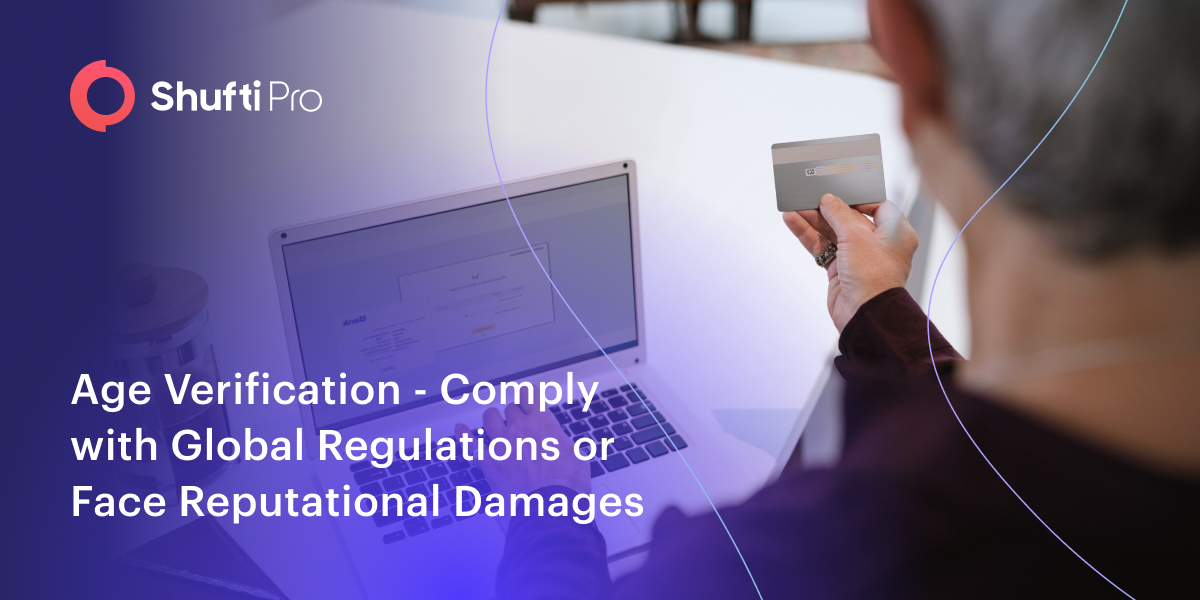 Explore More
Explore More
Blog
Blockchain and NFTs – Setting New Standards for Cybersecurity and Identity Management
Non-fungible tokens (NFTs) are an evolution over the emerging concept of cryptocurrencies. As fin...
 Explore More
Explore More
Blog
Digital ID Verification – Why is it Critical for Customer Experience?
Last year was all about lockdown and pandemic disrupting business operations to the very core. Th...
 Explore More
Explore More
Blog
5 RegTech Applications That Will Govern the Financial Regime in 2021
RegTech, short for Regulatory Technology, is the subset of FinTech which bridges the gap between ...
 Explore More
Explore More
Blog, Identity & KYC
KYC/AML Compliance in light of FinTRAC
Witnessing the updated AML/CTF regime; the guidelines by FinTRAC regarding ID verification have b...
 Explore More
Explore More
Blog
The Truth Around DeFi Compliance – Bridging the Transparency Gap
Financial markets around the world have seen increased popularity with the advent of decentralise...
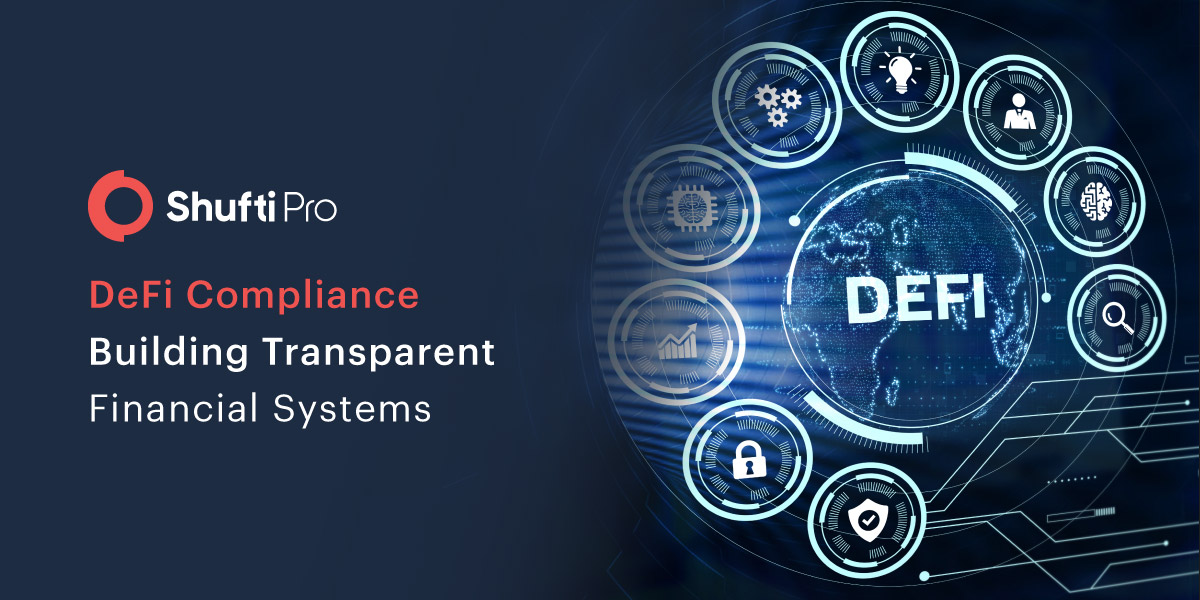 Explore More
Explore More
Blog
AML Compliance – Korean Crypto Exchanges Join Hands to Fight Money Laundering
Cryptocurrency has been notoriously criticised for money laundering and other illicit activities ...
 Explore More
Explore More
Blog
Enhanced Due Diligence Vs. Customer Due Diligence – The Practical Approach to Counter Cybercriminals
The nature of digital operations is changing, and users are now preferring to use remote services...
 Explore More
Explore More
Blog
Cryptocurrency Market and Financial Crimes: How to Handle Transaction Monitoring
The adoption of cryptocurrencies by both individuals and businesses has exploded in the last 12 m...
 Explore More
Explore More
Blog
Indonesia’s First-ever Comprehensive Law on Data Privacy – the PDP Bill
Being the largest economy in Southeast Asia, Indonesia is experiencing enormous growth in the dig...
 Explore More
Explore More
Blog
AML Compliance – Putting an End to Money Laundering in Crypto Firms
In the past few years, cryptocurrencies were widely adopted as an investment method by not only i...
 Explore More
Explore More
Blog
Strong Customer Authentication (SCA) – Factors, Methods, and Benefits
In Europe, new customer authentication requirements for online payments were introduced on Septem...
 Explore More
Explore More
Blog
Securing Investment Industry with Shufti’s Investor Verification Solution
In this tech-driven world, perpetrators and organized crime groups are adopting sophisticated met...
 Explore More
Explore More
Blog
Digital Currency – Replacing Fiat Money in the Modern World
Technological advancements are leading to better transaction systems in different states. Cryptoc...
 Explore More
Explore More
Blog
KYC | How to perform KYC verification in three simple steps
Know Your Customer (KYC) is an identity verification process that plays a critical role in the pr...
 Explore More
Explore More
Blog
Adverse Media Screening Requirements and Why Do FIs Need It?
The financial services industry is under a lot of regulatory requirements recently, and for all t...
 Explore More
Explore More
Blog
Understanding the Key Role of Risk Assessment in the Crypto Industry
Cryptocurrencies are becoming a hotspot for scammers to perpetrate financial crime. Over 46,000 i...
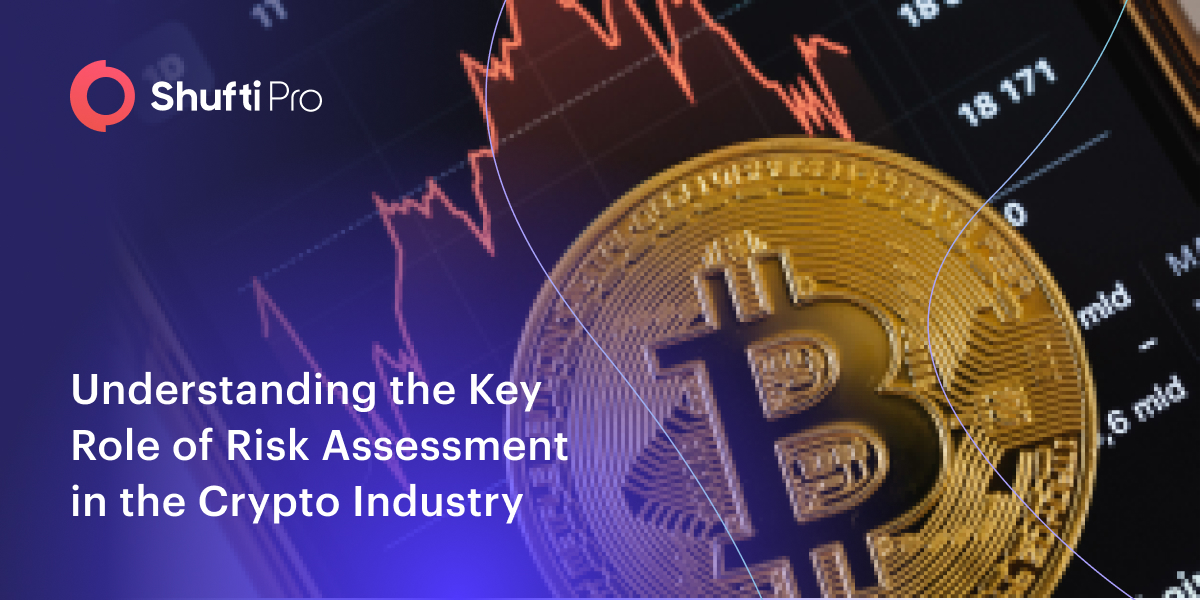 Explore More
Explore More
Blog
Safeguarding Financial Operations with Transaction Monitoring and AML Screening
To enhance the power of anti-money laundering regulation, transaction monitoring systems have evo...
 Explore More
Explore More
Blog
Politically Exposed Person – An unsaid threat to Businesses
A politically exposed person or PEP is the one who has been assigned to perform prominent public ...
 Explore More
Explore More
Blog
Card-Not-Present (CNP) Fraud – How to Prevent False Chargebacks?
The eCommerce industry continues to grow rapidly, so are fraudulent activities. According to Stat...
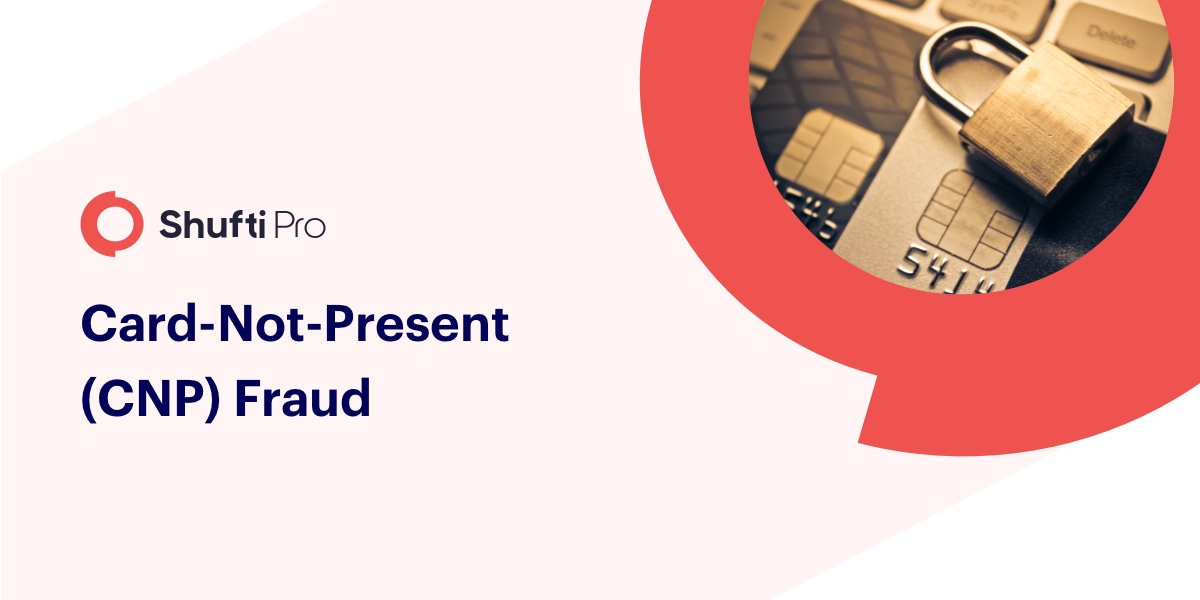 Explore More
Explore More
Blog
Top 5 Non-banking Industries in the Crosshairs of Financial Criminals
The first half of 2021 saw significant disruption in the financial world as traditional criminal ...
 Explore More
Explore More
Artificial Intelligence, Blog
Knowledge Based Authentication a Thing of Past
If you are wondering what is knowledge-based authentication or KBA, let me ask you a question, ‘w...
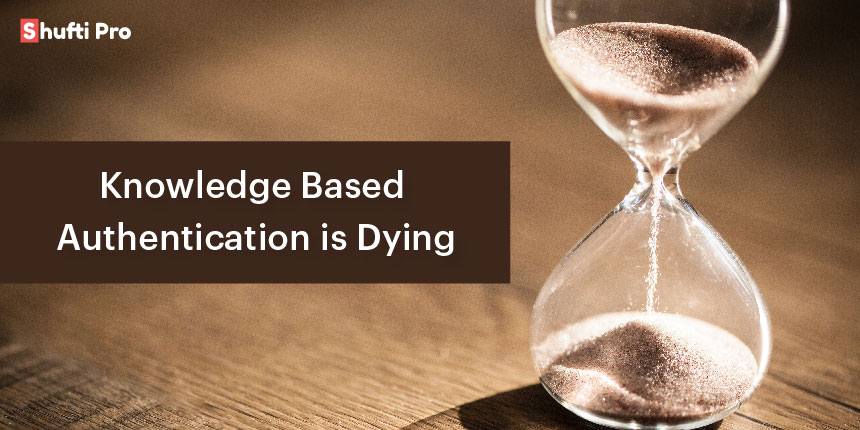 Explore More
Explore More
Blog
ICOs blocking investors from USA and China – Why and How?
Initial Coin Offerings, more commonly known as ICOs, are all the rage in modern day financial wor...
 Explore More
Explore More
Blog
Travel Industry – Trends, Scams, and a Solution to Combat Fraud
The modern world is filled with surprises for everyone nowadays. Be it individuals or enterprises...
 Explore More
Explore More
Blog
Securing Digital Payments and Mitigating Financial Crimes Through AML Screening Solutions
The promise of payments technologies is being realized. Consumers are executing frictionless paym...
 Explore More
Explore More
Blog
Transaction Monitoring – Establishing A Defense Mechanism Against Financial Crime
With the rapid increase in the global volume of monetary transactions, money laundering methods a...
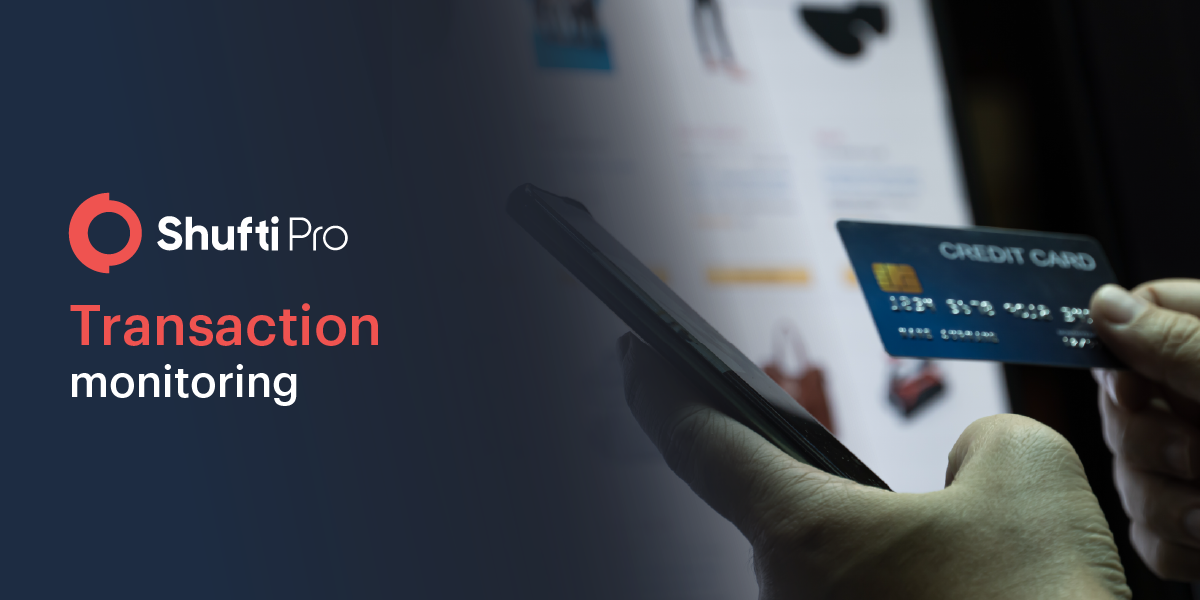 Explore More
Explore More
Blog
Shufti Turns Three – A journey of building trust globally
October 31, 2020, marks the third anniversary of Shufti and three successful years of buildin...
 Explore More
Explore More
Blog
A Brief Insight into Crypto Regulations in the Asia-Pacific Region
The Asia-Pacific region is one of the areas with the highest rate of crypto adoption. Considering...
 Explore More
Explore More
Blog
Impact of COVID-19 on disruptive Fintech industry
The economy and society worldwide are affected by the corona crisis. The effects of COVID-19 on b...
 Explore More
Explore More
Blog
Addressing Business Challenges Using OCR Scanner
OCR text recognition is similar to how humans process and store information through reading. The ...
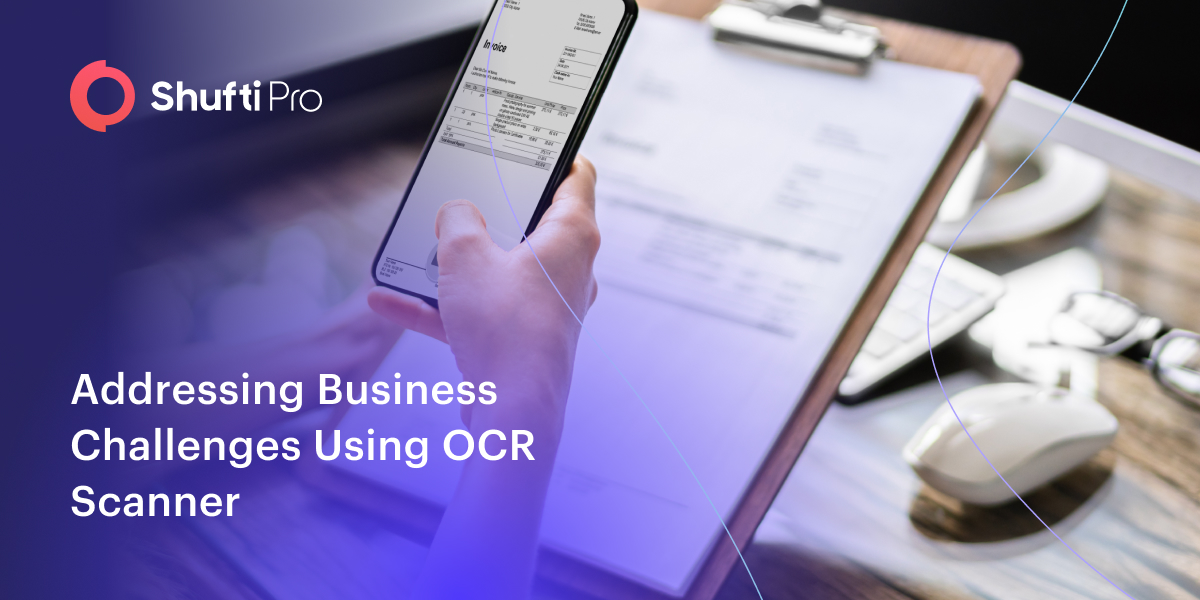 Explore More
Explore More
Blog
Wholesale or Retail CBDCs? Settling the Endless Debate
The world is now moving towards digitisation at a faster pace than ever. The payment systems have...
 Explore More
Explore More
Blog
Safeguarding Ride-Hailing Services with Identity Verification Solutions
With the global digitization, mobility services are known to the world before the pandemic has ir...
 Explore More
Explore More
Blog
Enhance Time Efficiency with Shufti’s KYC Solution
The Past
Quick and secure e-KYC verification might not have been of importance in the days prior ...
 Explore More
Explore More
Blog
Liveness Detection | An Extra Layer of Protection Against Spoofing and Fraud
The consumer demand for biometric and facial authentication technologies is rising, with the mark...
 Explore More
Explore More

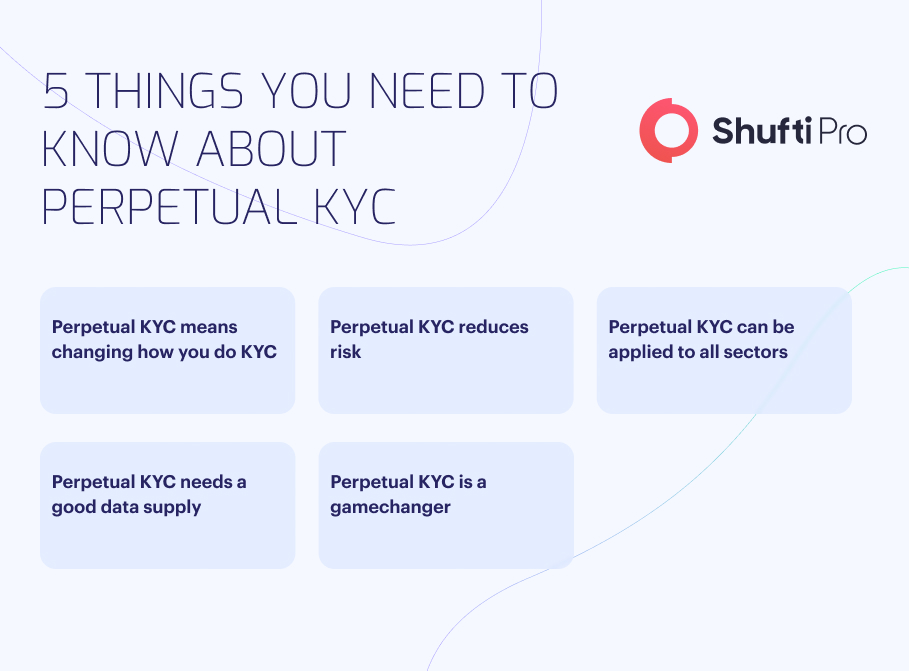






![A Brief Overview of the RegTech Industry [2022 Update] A Brief Overview of the RegTech Industry [2022 Update]](https://shuftipro.com/wp-content/uploads/Regtech.png)



















![AUSTRAC’s ML/TF Risk Assessment 2021 – Other Domestic Banks Report [Part 2] AUSTRAC’s ML/TF Risk Assessment 2021 – Other Domestic Banks Report [Part 2]](https://shuftipro.com/wp-content/uploads/2021-09-08-blog.jpeg)














































